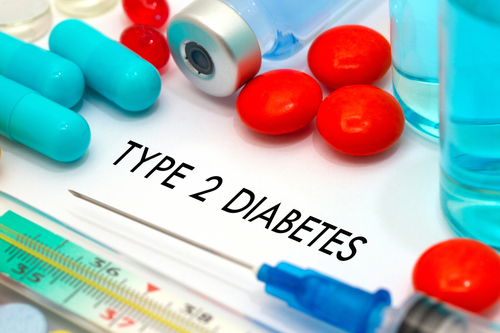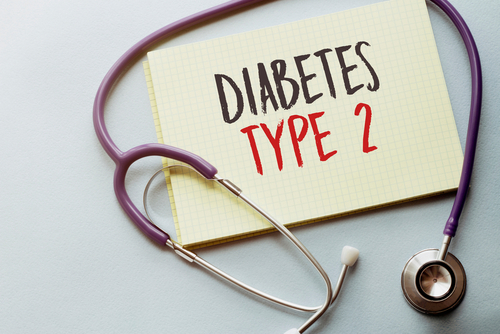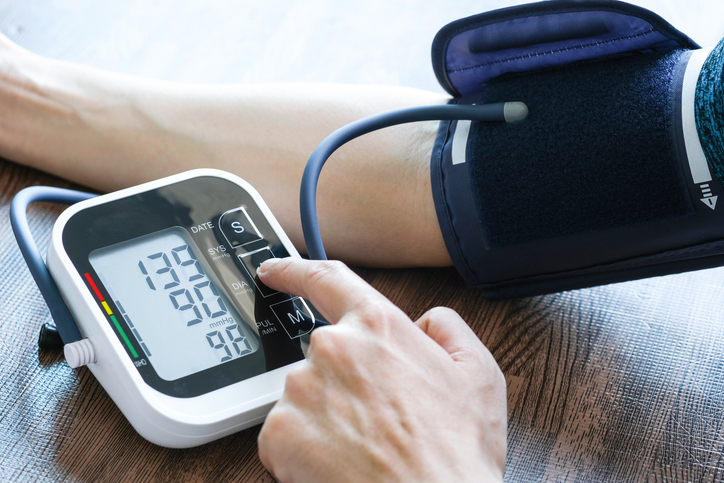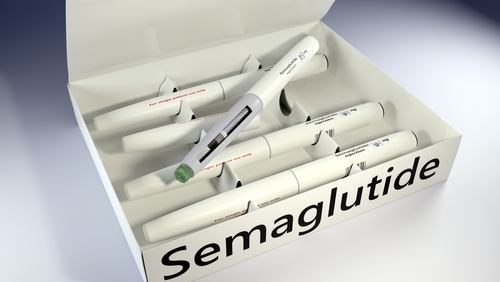
CKD is a complication of type 2 diabetes (T2D) that requires annual screening for diagnosis. Daniel Edmonston, MD, MHS, and colleagues identified risk factors for nonconcordance with CKD screening and treatment guidelines in patients with T2D in a retrospective study at 20 health care systems.
The study included adults with an outpatient clinician visit associated with T2D diagnosis and without known CKD. Researchers conducted a separate review of prescription of angiotensin-converting enzyme inhibitors (ACEIs) or angiotensin receptor blockers (ARBs) and sodium-glucose cotransporter 2 (SGLT2) inhibitors in adult patients with CKD (eGFR 30-90 mL/min/1.73 m2 and UACR 200-5,000 mg/g) who had an outpatient clinician visit for T2D.
The study assessed concordance with CKD screening guidelines in 316,234 adults (median age, 59 [IQR, 50-67] years). A total of 51.5% were women, and 67.6% were White, 21.7% were Black, and 10.3% were Hispanic. Screening required measurement of creatinine levels and UACR within 15 months of the index visit. Treatment reflected prescription of ACEIs or ARBs and SGLT2 inhibitors within 12 months before or 6 months following the index visit.
Only 24.9% of patients had creatinine and UACR screening, 56.5% had one of the recommended screenings, and 18.6% had neither. Hispanic ethnicity was associated with not receiving screening (relative risk, 1.16; 95% CI, 1.14-1.18). Heart failure, hypertension, and peripheral arterial disease were associated with a lower risk of nonconcordance.
Of 4,215 patients who had CKD and albuminuria, 3,288 (78.0%) received an ACEI or ARB, 194 (4.6%) received an SGLT2 inhibitor, and 885 (21.0%) received none of those therapies. Peripheral arterial disease and lower eGFR were associated with CKD nontreatment. Hypertension or prescription of a diuretic or statin were associated with CKD treatment.
Patient-level factors could play a role in future strategies to improve CKD screening and treatment in patients with T2D.
Source: JAMA Network Open







 © 2025 Mashup Media, LLC, a Formedics Property. All Rights Reserved.
© 2025 Mashup Media, LLC, a Formedics Property. All Rights Reserved.